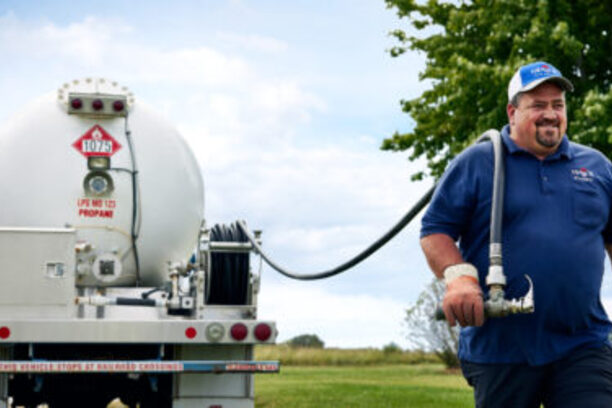Navigating Rural Propane Delivery Hurdles
Strategies for Efficient Service in Remote Areas Delivering propane to rural areas presents unique challenges, from navigating vast distances between customers to dealing with limited infrastructure. These obstacles require innovative solutions and proactive planning to ensure reliable and efficient service. There are many practical strategies for overcoming the complexities of rural propane delivery, enhancing accessibility,… Continue reading Navigating Rural Propane Delivery Hurdles

